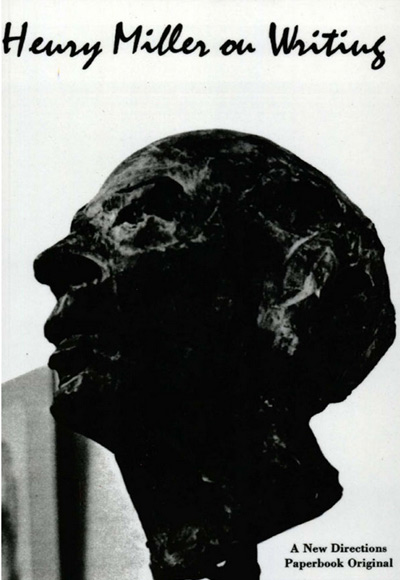Try These Famous Authors’ Tricks to Slay Your NaNo Novel!
 We’re about to enter the second weekend of National Novel Writing Month! Are you, the eager NaNo novelist:
We’re about to enter the second weekend of National Novel Writing Month! Are you, the eager NaNo novelist:
a. Looking forward to continuing your dedicated 1,667-word-a-day writing
b. Looking forward to catching up on missed word count from the past week
c. Drowning your low word count sorrows in other people’s novels, which make it look so. damn. easy.
Whether you’re rounding the bend on 15,000 words or barely scraping your way toward 1,000, it’s not too late to hit the 50,000-word mark. Take a page out of these famous authors’ books (heh), with tips ranging from the truly helpful to the possibly insane. Happy noveling!
Coffee, coffee, coffee. When that fails, coffee. Proust tossed back espresso, L. Frank Baum started every day with a slew of cream-and-sugared cups, and Honoré de Balzac devoted an entire essay to the “pleasures and pains” of the magical beverage—though claims that he drank 50 cups a day are difficult to substantiate.
Eat apples. Agatha Christie, Charles Dickens, and F. Scott Fitzgerald can’t be wrong. Christie liked to eat them in the bathtub while she brainstormed, Dickens preferred them baked, and Fitzgerald paired his with canned meat. Maybe better for the brainstorming side of things, so your hands will be free to type.
Stick like glue to your promised word count. We all know it takes just 1,667 words a day to hit your NaNo goal, but take too many days off and that count starts climbing. Make like Arthur Conan Doyle and write 3,000 words a day, every day. You’ll hit your goal on November 17, and can spend the next 13 days drinking Mai Tais and online shopping. Or, you know, writing even more.
Imprison yourself. “It’s so easy to say ‘stick to your word count,'” you’re thinking, “but it’s a lot harder to do it.” Unless you’re Victor Hugo, who forced himself to stay inside his writing room by literally hiding all his public-appropriate clothes so he had no decent way to leave the house. Alternately, you could take a page out of Roman orator Demosthenes’ book: he would shave half his head, thus embarrassing himself into staying at home writing till it grew back. But this is Boss Level writer-shaming, and not entirely recommended. We suggest grabbing your laptop, turning off the internet, and getting reeeeally cozy under a million blankets on the couch. You won’t want to move, and will have nothing to do but write.
Write, rest, repeat. If you’re one of those lucky few who can bend their schedule to fit in writing at the same time and place every day, do it. It works for Haruki Murakami, whose writing days start at 4 a.m., and who compares writing a novel to “survival training.” If you can face your alarm going off even an hour earlier, you’ll find you have a magical pocket of untapped typing time every morning.
Write in crayon! It was good enough for James Joyce, who worked on parts of Finnegan’s Wake in Crayola. Word is out on whether he wrote any part of it at a Shoney’s diner table.
Exercise! Murakami swims and runs, Kurt Vonnegut did pushups. And if half the NaNo novelists on my Twitter feed are to be believed, plenty of people take NaNo-related dance breaks. It can only help.
Know what’s coming next. Hemingway liked to stop when he still knew where exactly the story was going, so he could pick up the next morning typing at a rapid clip. We know it’s hard to cut yourself off in the middle of a scene, but it’ll keep your brain and fingers nimble the next time you sit down.
And, finally, some perfectly NaNo-suited writing “commandments” from Henry Miller:
Don’t be nervous. Work calmly, joyously, recklessly on whatever is in hand.
When you can’t create you can work.
Forget the books you want to write. Think only of the book you are writing.